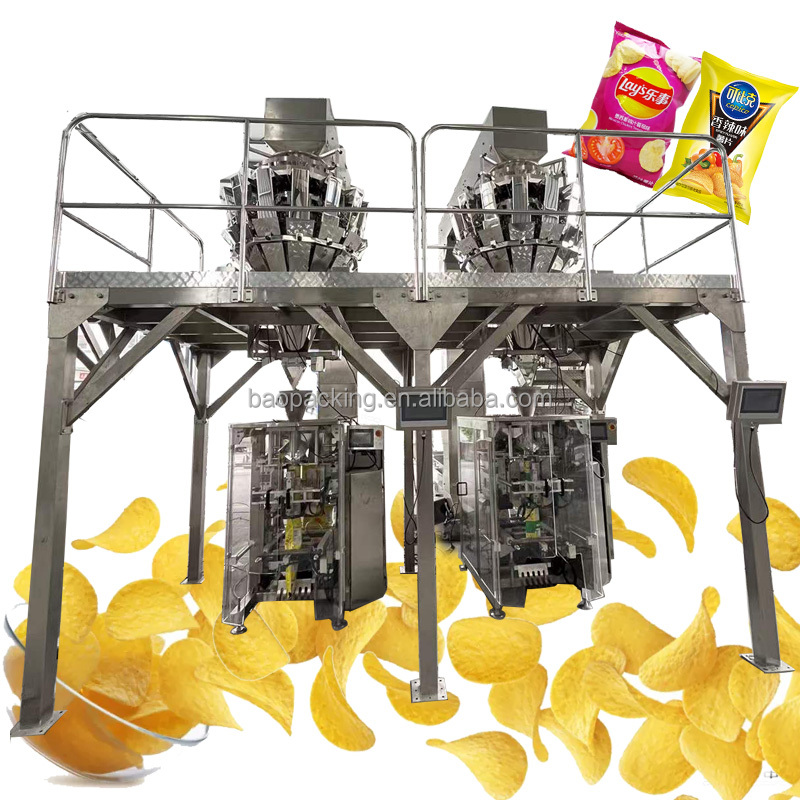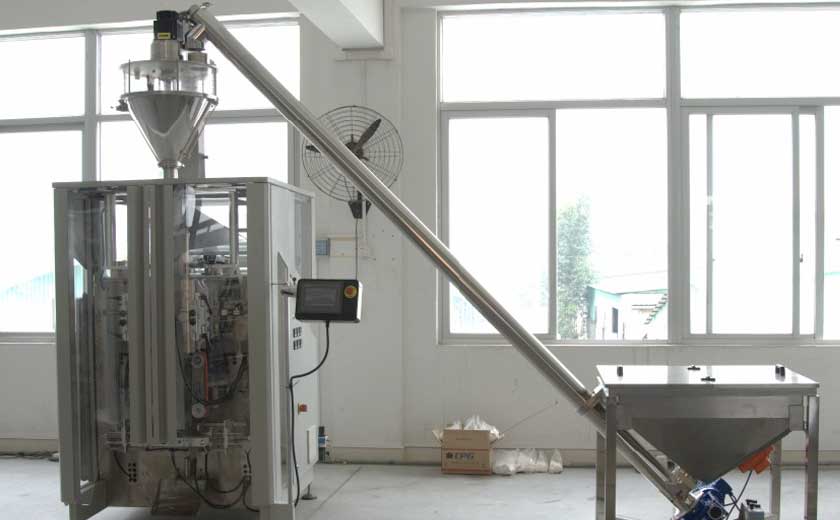The Impact of Automation on Juice Packaging Efficiency
Introduction
Automation is transforming the juice packaging industry, revolutionizing processes to achieve unprecedented efficiency. By incorporating advanced technologies, manufacturers are enhancing production lines, optimizing costs, and delivering a superior customer experience. This article delves into the multifaceted impact of automation on juice packaging efficiency, highlighting its significant implications.
Increased Production Speed and Output
Automation enables faster production speeds, significantly increasing output volumes. Automated machines operate with precision and consistency, minimizing downtime and maximizing throughput. They can perform complex tasks such as filling, sealing, and labeling with accuracy and speed, reducing the need for manual labor. This improved efficiency leads to higher production capacities, allowing manufacturers to meet soaring consumer demands and expand their market reach.
Reduced Labor Costs and Workforce Optimization
Automation reduces the reliance on manual labor, leading to substantial cost savings. Automated machines replace repetitive and time-consuming tasks, freeing up human resources for more strategic roles. By optimizing workforce allocation, manufacturers can allocate their staff to tasks that require critical thinking and problem-solving, ultimately enhancing overall productivity.
Enhanced Quality Control and Consistency
Automation ensures stringent quality control throughout the packaging process. Automated machines employ sensors and vision systems to inspect products for defects, ensuring that only high-quality packages reach consumers. This precision and consistency eliminate human error and reduce product recalls, resulting in increased customer satisfaction and loyalty.
Improved Hygiene and Safety
Automation promotes a hygienic and safe work environment. Automated machines eliminate direct human contact with products, reducing the risk of contamination. They also adhere to strict sanitation standards, minimizing the spread of bacteria and ensuring product safety. This enhanced hygiene gewährleistet the integrity of juice products and protects consumers.
Data Collection and Analytics for Optimization
Automated machines collect valuable data throughout the packaging process. This data can be analyzed to identify areas for optimization, such as bottlenecks, equipment performance, and packaging materials usage. By leveraging analytics, manufacturers can gain insights into their production processes, make informed decisions, and continuously improve efficiency.
Sustainability and Environmental Impact
Automation can contribute to sustainability initiatives by reducing waste and energy consumption. Automated machines precisely dispense packaging materials, minimizing packaging waste. They also operate with energy-efficient algorithms, reducing carbon emissions and promoting environmental responsibility.
Automation is reshaping the juice packaging industry, unlocking unprecedented levels of efficiency. By increasing production speed, reducing labor costs, enhancing quality control, improving hygiene, providing data for optimization, and promoting sustainability, automation empowers manufacturers to meet the demands of a rapidly evolving market. As the industry embraces this transformative technology, consumers will continue to benefit from superior juice products, delivered in a timely, cost-effective, and environmentally friendly manner.
-

Overview of Packaging Machine Buying Guides
08-01-2024 -

How Does a Vertical Form Fill Seal Machine Work?
30-10-2023 -

Advancements in Auger Powder Filling Technology
27-10-2023 -

A Deep Dive into Automatic Packaging Machines
26-10-2023 -

The Revolutionary Fully Automatic Potato Chips Packaging Machine
20-09-2023 -

How to choose the right packaging machine?
23-08-2023 -

Reducing Waste And Maximizing Yield With Multihead Weigher Machines
15-03-2023 -

Nuts Packaging Machine for Dry Products Perservation
26-11-2022 -

Is Automated Biscuit Packaging Machine Better Than Manual Opeartion?
25-11-2022





